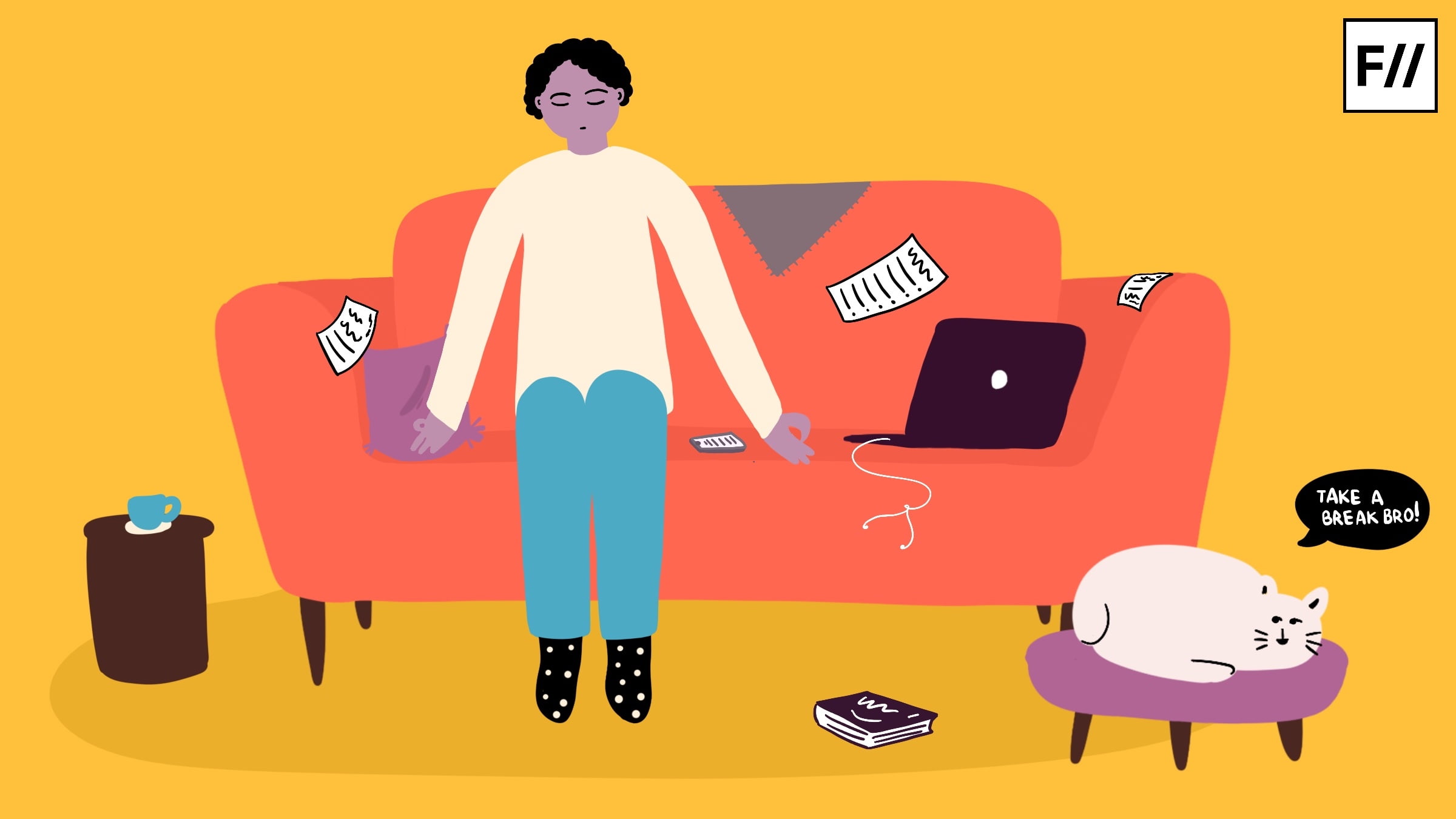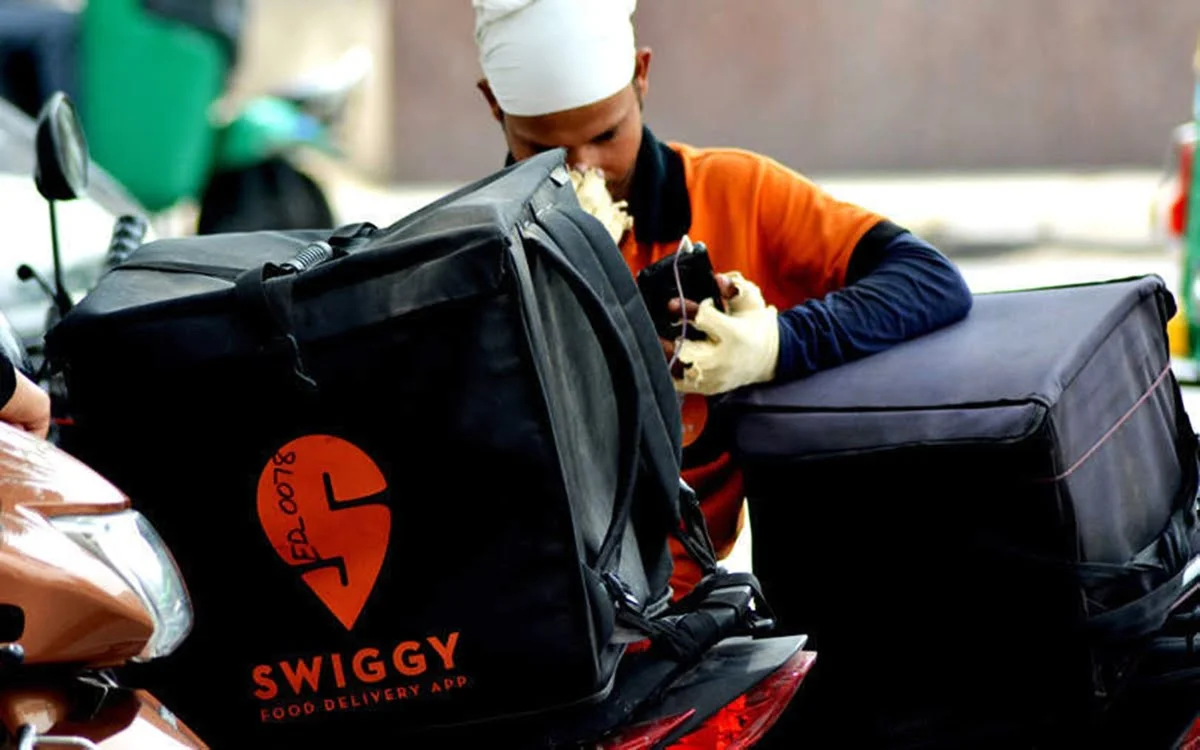“I have faced physical harassment in the hands of family members of survivors of sexual and gender based violence that I have worked with.“
To those working on the issues of violence, safety and gender, the above words would ring familiar. This sentiment was echoed by employees in conversations that the Martha Farrell Foundation (MFF) held with various organisations working towards women’s empowerment nominated for the Martha Farrell Award for Excellence in Women’s Empowerment in the last month.
Instituted to honour the memory of Dr. Martha Farrell—a renowned civil society leader who was killed in a terrorist attack in Afghanistan in 2015—the Martha Farrell Awards recognise individuals and organisations that promote gender equality, and practice feminism in everyday life – work that Dr. Farrell actively promoted throughout her career. This year, the Award received 120 nominations from all across the country in the categories of ‘Most Promising Individual’ and ‘Best Organization for Gender Equality’. In line with Dr. Farrell’s vision, the Award in the Institutional category is uniquely positioned to recognise not just community oriented work, but also practices and policies that institutions adopt to keep their employees safe.
Employees working in organizations that operate in the field of gender, safety and prevention of sexual and gender based violence in India face a number of threats to their physical and psychological safety. These threats could be in the form of dangers to physical safety— such as those from the family members of rape survivors and backlash from communities that they work in; they could also be psychological in nature, such as through secondary trauma, compassion fatigue and burnout. Given the nature of their work, this personal struggle rarely comes into mainstream conversations. The protections that the institutions offer to their employees, both in terms of policies as well as practices can often mean a difference between life and death.
In light of exacerbated challenges to employee safety due to the pandemic, and the exponential rise in cases of gender based and sexual violence in India, there’s much to be learned from institutions going the extra mile to promote gender equality, equity and safety in their workplaces.
Shaheen Women’s Welfare Association
Shaheen Women’s Welfare Association, a grassroots organization in Hyderabad working with Muslim, Dalit and OBC communities—one of the nominees for the Awards this year—takes specific measures to protect the interests and safety of its employees. Most of its staff comprises empowered and rehabilitated survivors of domestic violence, who are also members of the communities that they work in. Rizvana, a survivor and now an employee of Shaheen Collective, says, “After several failed suicide attempts, I came into contact with Shaheen Collective. They provided me with psychosocial, legal and even financial assistance to rehabilitate me. They trained, and capacitated me, and now I work with them to build leadership for young women in bastis.”
Shaheen Collective’s focus on employees safety includes regular awareness sessions about sexual harassment at the workplace and a strong zero tolerance policy to protect their employees. To ensure employees’ physical safety during community interventions, rescue, and rehabilitation, Shaheen Collective also maintains close contact with the local police. “When we were locked inside the home of a survivor we were working with, Jameela Nishat (the founder and CEO of Shaheen Collective), and several other employees contacted the police, and also physically came to get us out of the house.”
Shakti Shalini
Another Delhi-based organization operating to prevent and respond to sexual and gender-based violence — Shakti Shalini — takes several precautions to protect its employees from physical harm. Anjali Thakur (Head of Operations), narrates an incident, “The head caseworker (then the coordinator and counsellor), was working with a survivor of domestic violence, when she was harassed and almost kidnapped by the survivor’s family while working on the case.”
As a preventative measure, Shakti Shalini ensures that while working on high-risk cases, all employees should be accompanied by another person, and the local police is also kept in touch with. Shakti Shalini’s ‘Pehchaan’ Shelter Home also prioritises the safety of its residents, through a well-maintained visitor registration system, and a lock on its front gates; an all-night caregiver is also employed for additional security. Dr. Bharti Sharma, the Director of the organization also mentions, “Our office’s architecture itself promotes safety, we have two entry and exit points to ensure a quick getaway, in the daunting eventuality that we would require it.”
Swayam
Swayam, an organization committed to preventing and ending violence against women and girls in Kolkata, has protocols in place to ensure mental well being and psychological safety for its employees. Swayam works on the prevention of gender-based violence, rescue, and rehabilitation of survivors in both rural and urban areas. Due to the often traumatic impact of working with survivors, the organization offers free counselling for all staff, both from the in-house counsellors, and external consultants. Counselling has been made mandatory for all caseworkers in the organization. Regular debriefing sessions are conducted within the casework team, and all others who are directly responding to GBV.
Sappho for Equality
A similar emphasis on psychological well-being for employees is also placed upon by Sappho for Equality, an organization that acts as an activism and advocacy space for LBT folx in Kolkata. Members of Sappho noted that they feel a sense of belonging and safety within the organization, as most employees are from the LBT community. “We are like a family. We debrief and regularly discuss our mental health and safety from working with very traumatised individuals. Our organization allows for ‘constructive confrontations’ during our team meetings, so we are actually a very Queer collective and organization!,” says Malobika, the co-founder of Sappho for Equality.
An employee talked about a particularly challenging case, “A queer Muslim couple had been thrown out of their homes as their family did not accept their sexual orientation. The couple had gone to the police to file a complaint against their families, but the latter refused to register this complaint. As we have strength in numbers, many employees in the organization had gone to the police station, and we collectively ensured that they filed the complaint.” Within their temporary shelter home that houses LBT persons who are homeless as a result of unacceptance of their sexual orientation, physical safety is ensured for the residents through regular visits from the staff, and a well-maintained register.
Vacha Charitable Trust
Mumbai-based Vacha Charitable Trust, which works with adolescent girls in underserved communities, gives a lot of focus and attention to strategizing and planning community-based interventions, beforehand as a measure of safety and precaution.
Bhagat Phool Singh Mahila Vishwavidyala, the first women’s only state university of North India established by the Government of Haryana, leads by example in creating safe campuses. The Internal Committee instituted at the university under under the Sexual Harassment of Women at Workplace (Prevention, Prohibition and Redressal) Act, 2013 conducts regular awareness sessions, and places great importance on sensitive and prompt action on complaints of sexual harassment.
The incredible ways in which these organizations protect their employees, is a testament to their commitment to human rights, and women’s empowerment, especially in relation to addressing gender-based violence in India. The instances highlighted in this article are some among many others that the Foundation has engaged with over the last month, each with a strong commitment to protect its employees.
The Martha Farrell Award is committed to recognising this effort, and to create more awareness about different ways that organisations can prioritise gender mainstreaming and safety, and help realise Dr. Farrell’s dream of a safe, equitable and gender-just world of work for all. This year’s Award winners in both the individual and the organisation category are set to be announced in November.
This list is not exhaustive and suggestions to add to this list are welcome in the comments section.
Compiled by Prerna Barua, Programme Officer at Martha Farrell Foundation, an organization that supports practical interventions which are committed to achieving a gender-just society, promoting life-long learning, and creating Safe Workplaces. Prerna has an M.A. in Conflict Transformation degree from the Center for Justice and Peacebuilding, and has previously worked as a research assistant, focusing on addressing Conflict Related Sexual Violence. She has worked as a consultant with Ahimsa Collective, in the “Realize: Restorative Approach to Intimate Violence” project. Her work has been in the field of Trauma Awareness, Sexual and Gender Based Violence, and Gender Justice. She can be found on Twitter.
Featured Image: Shreya Tingal for Feminism in India



